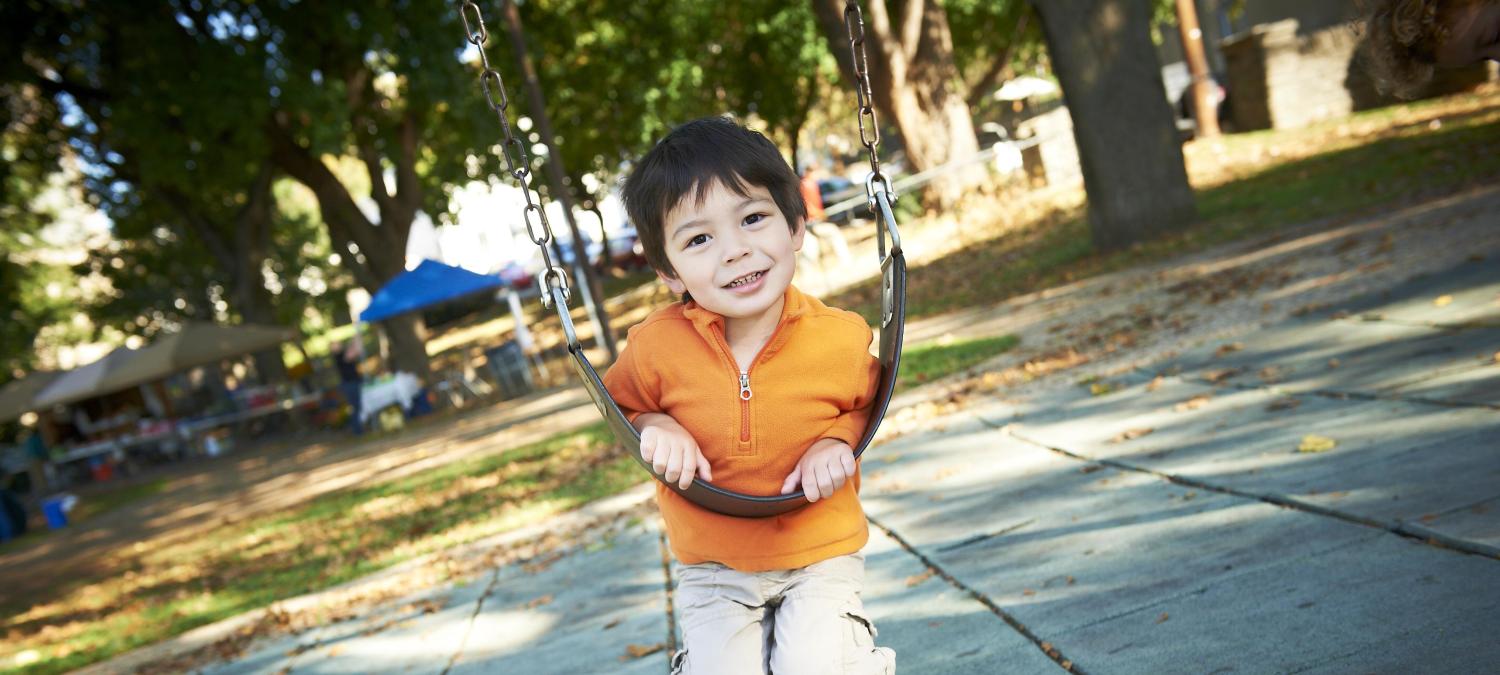

Publications
Search Tips
- May 2025
Children’s early years are a vital period of development. Access to health care in early childhood is especially important given the critical need for vaccinations and developmental screenings during this period. Health care coverage is closely tied to health care access. Yet, children…
- May 2025
PolicyLab responded to a request for comment from the Pennsylvania Bureau of WIC on the 2026 WIC State Plan of Program Operation and Administration.In their response, PolicyLab experts offered recommendations to help increase uptake rates in Pennsylvania’s WIC program and to lower…
- May 2025
Adolescence, marked by rapid growth and development, is a critically important life stage for health and well-being. The health and well-being youth experience during this period have a lasting impact, shaping an individual’s overall health into adulthood. Members of our …
- May 2025
Background and objectives: New regulations require hospitals to screen patients for health-related social needs (HRSNs). Neighborhood indices, like the Child Opportunity Index (COI), may help identify families at risk of experiencing HRSNs and inform targeting of health system…
- May 2025
Background: Postpartum parents of hospitalized infants in neonatal intensive care units (NICUs) have higher rates of chronic disease and pregnancy complications than parents of well newborns. NICU parents may prioritize remaining at their infants' bedsides over their own…
- May 2025
Many families in the Commonwealth struggle to afford the food they need to stay healthy. Supplemental Nutrition Assistance Program (SNAP) and the Special Supplemental Nutrition Program for Women, Infants, and Children (WIC) play a vital role in promoting child health and development…
- May 2025
At PolicyLab, we recognize that individuals impacted by substance use who are also caregivers of children need unique supports that are responsive to family context and experience.PolicyLab researchers are looking into programs and policies aimed at supporting families with a caregiver…
- May 2025
We examined changes in infant and neonatal mortality that occurred after extension in the minimum number of days of paid maternity leave and after the implementation of paid paternity leave in 148 cities using longitudinal city-level data (2000-2015) from Chile, Colombia, and Mexico,…
- May 2025
Importance: Differential adherence to efficacious preventive medications is one potentially modifiable driver of racial disparities in childhood asthma outcomes.Objective: To determine the effect of a financial incentive-enhanced intervention on adherence to inhaled asthma preventive…
- Dobbs-driven Expansion of Perinatal Palliative Care: A Scoping Review of the Evidence and its LimitsApr 2025
As abortion care restrictions increase, a growing population is continuing pregnancies complicated by life-limiting fetal conditions, making it more critical than ever to evaluate the state of the evidence in perinatal palliative care (PPC). Perinatal palliative care provides…